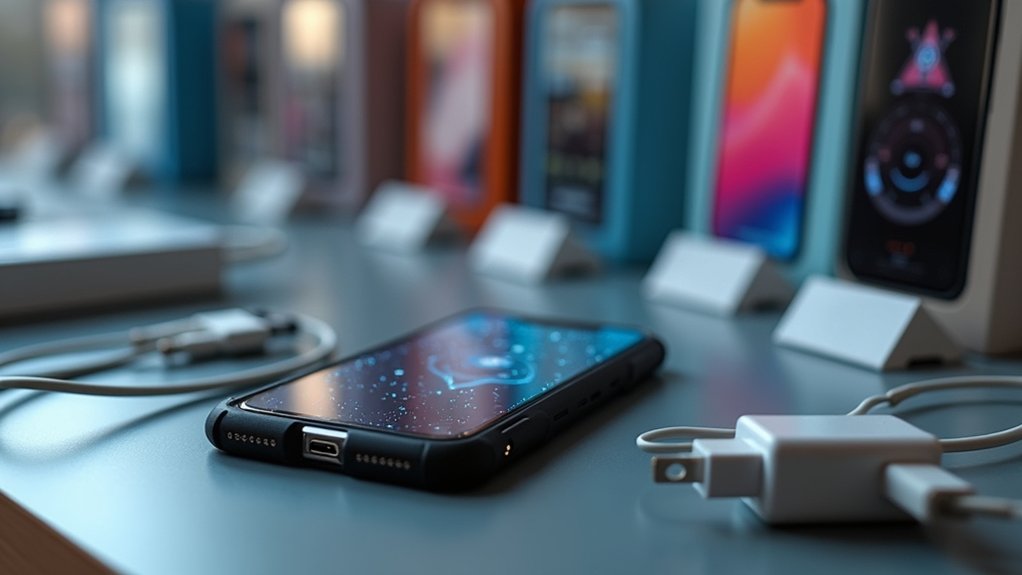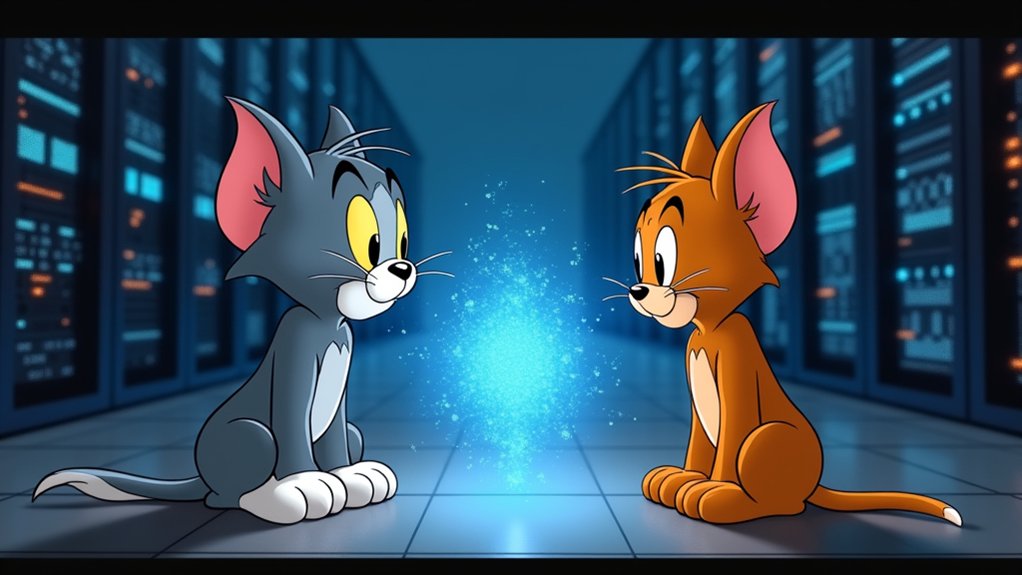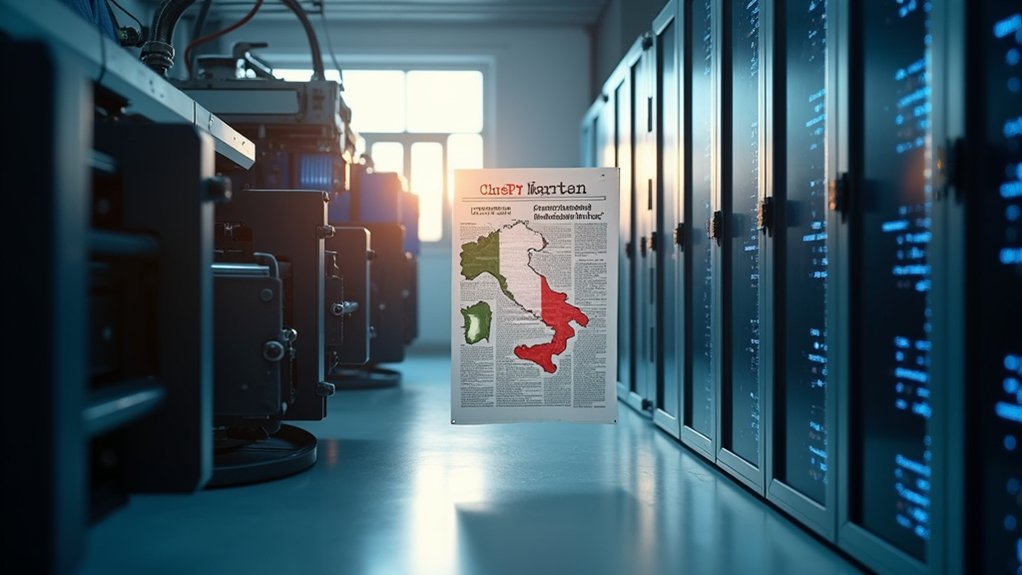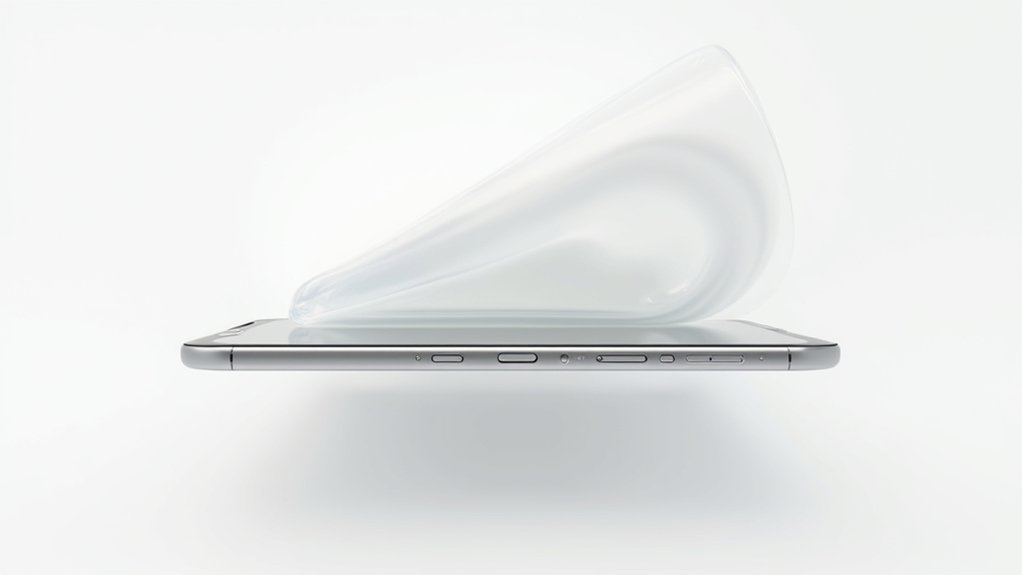While music streaming platforms have long battled against fraudulent content, Deezer now faces an unprecedented flood of artificial intelligence in its catalog. The numbers are staggering: 20,000 fully AI-generated tracks uploaded daily, representing about 18% of all new content.
That’s nearly double the 10,000 daily AI tracks (10% of total) reported just months ago in January 2025. And the AI tsunami shows no signs of receding.
AI tracks flooding platforms have doubled in mere months, with 20,000 digital ghosts haunting catalogs daily.
The kicker? Most of these AI tracks get zero streams. Literally nobody listens to them. They just sit there, taking up space like digital squatters.
Deezer isn’t standing idle. In January 2025, they launched their own AI detection tool after filing two patents. The system can spot 100% AI-generated music from popular models like Suno and Udio with perfect accuracy.
Now they’re working to identify AI content without needing specific training datasets. Smart move.
These robot tunes are being filtered out of recommendations for Deezer’s 9.7 million subscribers. The company also plans to implement a tagging system for AI-generated content. Transparency matters, apparently.
The music industry is freaking out, and for good reason. AI could “cannibalize” up to 24% of music creators’ revenues by 2028, according to CISAC.
It’s not just about money. AI floods distort royalty payouts, harm legitimate artists, and make music discovery harder for everyone.
Legal battles are brewing everywhere. Suno, Udio, and other AI companies face lawsuits from major labels over alleged copyright infringement.
Meanwhile, public opinion is clear: 83% of UK adults want AI songs clearly labeled, and 80% believe artists’ music shouldn’t be AI training fodder without permission.
Deezer has taken an unusually aggressive approach compared to competitors. In 2023, they purged 26 million “useless” tracks after implementing their artist-centric payment model. As the only streaming platform to sign the global statement on AI training, Deezer continues to demonstrate its commitment to protecting artists’ rights.
Spotify, on the other hand? Much less transparent about their AI policies. Typical.
The robot orchestra is tuning up. The question is: who’s actually listening?
The surge in AI-generated music is part of a rapidly expanding market projected to reach nearly $40 billion by 2033, growing at an annual rate of 26%.




